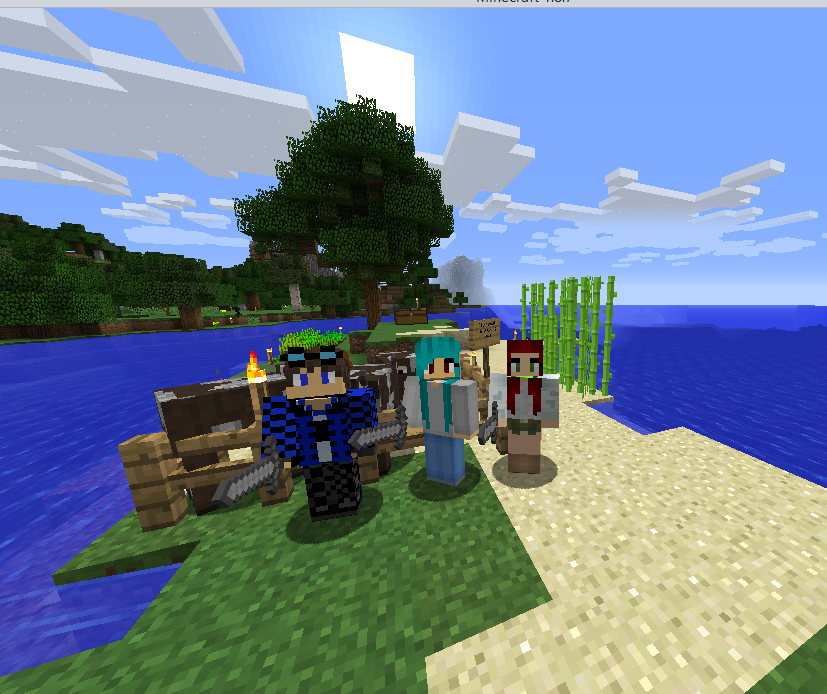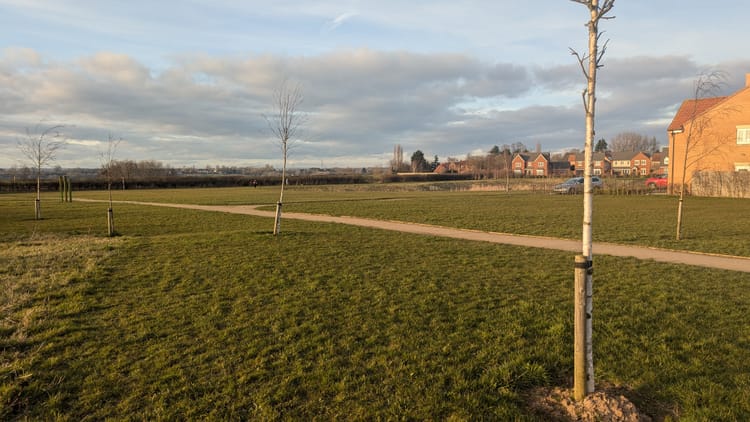Live Below The Line 2014

Click to read my diary and conclusions after Live Below The Line.
I'm regularly troubled by my own privilege compared to people living on dramatically less. Although I am a single parent with a low income, because I live in the UK and have additional support from the state I can live a comfortable life and feed my children. Although I have to budget carefully, our basic needs as a family are met, we can treat ourselves occasionally, and money is not constantly on my mind. We're managing.
I originally signed up for Live Below The Line, a challenge to eat for only £1 a day for 5 days, imagining that I would use it to fundraise, and although I have had only a small response so far, I haven't been as all out on marketing as I could be, and I'm still hoping that donations will happen, perhaps after the fact rather than in the form of sponsorship. Please click here to donate to the Live Below The Line appeal - money will go to Unicef.
The real reason I'm determined to do this, however, is as a reminder to myself not to take things for granted. It's very easy to spend a pound on a coffee here, and a pound on a glass of wine there, so I imagined that living on one pound a day for all food consumed should be a useful wake-up call. My children are not participating in the challenge - they'll be eating normally all week. Although in the future I hope they will be aware of poverty issues, they're too young for me to want to risk making an impact nutritionally (although in fact, I'm sure they'd be fine).
I went to Morrisons to do the shop for the challenge. Never did I expect how hard the lesson would be to learn.
First attempt:

6 eggs - 93p
1l orange juice - 65p
1 loaf bread - 50p
Bag onions - 45p
Broccoli - 49p
1kg rice - 40p
2 tins of chopped tomatoes - 62p
1 tin red kidney beans - 23p
Box of cup soup - 23p
Bag of bananas - £1
Tin of baked beans - 33p
2 pint milk - 89p
That comes to £6.72, so I'm already way over. Time to reconsider. I didn't want to do without the orange juice and bananas as they'd be my only sweet flavoured thing of the week. The eggs and beans would be my only protein, and the broccoli my only green veg. I wanted the cup soup as they're good for an illusion of fullness to pad out a meal, and they're 4 in a box. The milk was the extravagance, for tea and coffee and for cereal on a morning (an extra cost not factored in yet).
Some of these items could be split - I would only use 2 out of the 6 onions in the bag to make the sort of veg/bean chilli I'm planning, so 2 onions - 15p brings me down to £6.42. The loaf of bread contains 22 slices so if I only use one a day, that would cost 12p for the week, bringing me down to £6.04. I'd only use half the bag of rice, so that's £5.84.
Let's say I only use 3 eggs in the week. £5.37 left. Lose the tin of baked beans. £5.04. I also have forgotten that I need to calculate breakfast cereal that I already own into this - 6p for 50g muesli, 8p for two breakfast biscuits, 34p spread across the week so £5.38. 1 tsp of instant coffee is probably about 6p and one tea bag about 2p, so even at only one coffee a day, that still gets me up to about £5.68. I haven't included a few pence for chilli powder for the veg chilli.
Okay. Where will I compromise. I will take coffee black, saving 1 pint of milk (I drink it milky). Back to £5.23. Let's say I only use 2-3 slices of bread in the week. Down to £5.17. Each glass of 200ml orange juice costs 13p, so if I go without one day and have half a glass on another day, I will fall under £5.
What is humbling is the knowledge that 1.2 billion people live in extreme poverty all over the world. The £1 is adjusted for UK purchasing power and inflation, and it's worth remembering that in developing countries that £1 would include health, transport, clothing, education, all the other costs of life. £1 a day on food is already cheating, catastrophically.
Intellectually I knew what was coming and that I'd have to calculate carefully. What I hadn't predicted was how much it focuses the mind on priorities. If I skip bread that day, I can have orange juice. If I eat too much for breakfast, I won't be able to afford lunch. If I go without a banana maybe I can afford an extra egg. If I have a second helping today, I might not be able to eat tomorrow. It leads to a sort of hyper-awareness of consumption and self-policing. Usually, I just make myself a coffee or eat a banana without really worrying about how much it costs.
And if I really had such a tight budget how would I buy in bulk? The bag of muesli cost £1.18 - it will last for weeks, but I would have to go dramatically without other things that week, or perhaps I would save for a month or two in advance to be able to afford it.
It also brings focus down to pennies. A regular lunch I have is a bag of salad and half a tub of houmous with some black olives. That meal alone costs about £2. Walking through the shop, the proportion of items which were closed off to me came into sharp relief. The budget range was the only possible option, and some of the products I would normally consider buying were horrifying. A small punnet of blueberries is £2.50; a ham and cheese pizza £2.50. A bottle of Ribena almost £3, as is a tub of Nesquik hot chocolate. Looking through my purchase history I discover the hair mousse I'm currently using is £6 a bottle. It makes coffee shop prices seem shocking - between 2 and 3 pounds depending on size and style.

If the children are being fussy at mealtimes I sometimes rebuke them with the comment that there are starving children in the world who have nothing to eat, and they should be ashamed of themselves being fussy about particles of spinach when they are incredibly lucky to have full tasty meals put in front of them three times a day, every day. To their credit, they usually do respond to this with a suitably chastened look, and at least try to eat some more.
It's all very well touting this philosophy, but I should be practising what I preach. I give smalll amounts to charity every month and I hope I will be a more responsible consumer now that this challenge has been such a striking attitude-awakener. Giving away large proportions of our possessions, like Scott Neeson who recently popped up on my Facebook feed, or founder of Giving What We Can, Toby Ord, may not be a realistic option for everyone, but a little sprinkling of that attitude might go a long way.
I clearly remember, when I was much worse off than I am now, watching a friend hear a song he liked in a pub, identify it with an app, and instantly pay 70p to download it on his phone. It was the speed of the transaction that left me feeling strangely disgusted at the ease with which he casually threw money away when I wasn't even sure whether I could justify paying for the coffee I was drinking. Now, I also spend money on fun. At the weekend I spent £17.95 on a PC copy of Minecraft for my son - if I go without my own treats for a few weeks to make up that money, does it make it okay? At what point along the ethical timeline should I donate that money to starving children? If I have that money available, and don't need it for my own food and shelter, then how dare I?
I'm not sure if I have made much progress in the difficulties regarding my own privilege. The awareness is certainly there, and it's sobering, so perhaps that counts as a start.
Click to donate to the Live Below the Line appeal.
I'd never even heard of the campaign until I followed Hiddleston Daily on Tumblr so many thanks to them and to actor Tom Hiddleston for using his fame to set a great example.
Click to read my diary and conclusions after Live Below The Line.





Member discussion